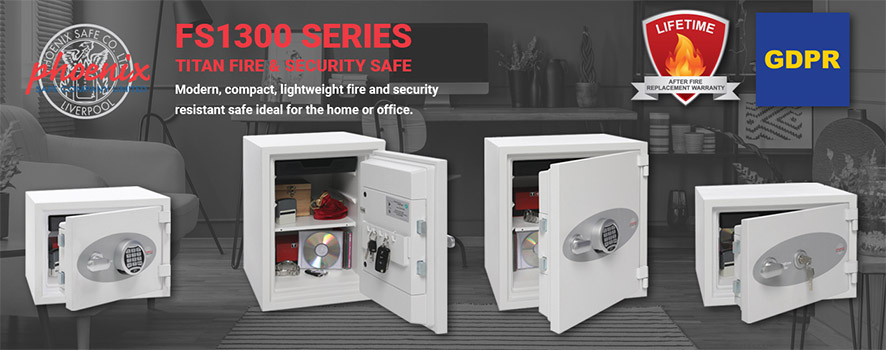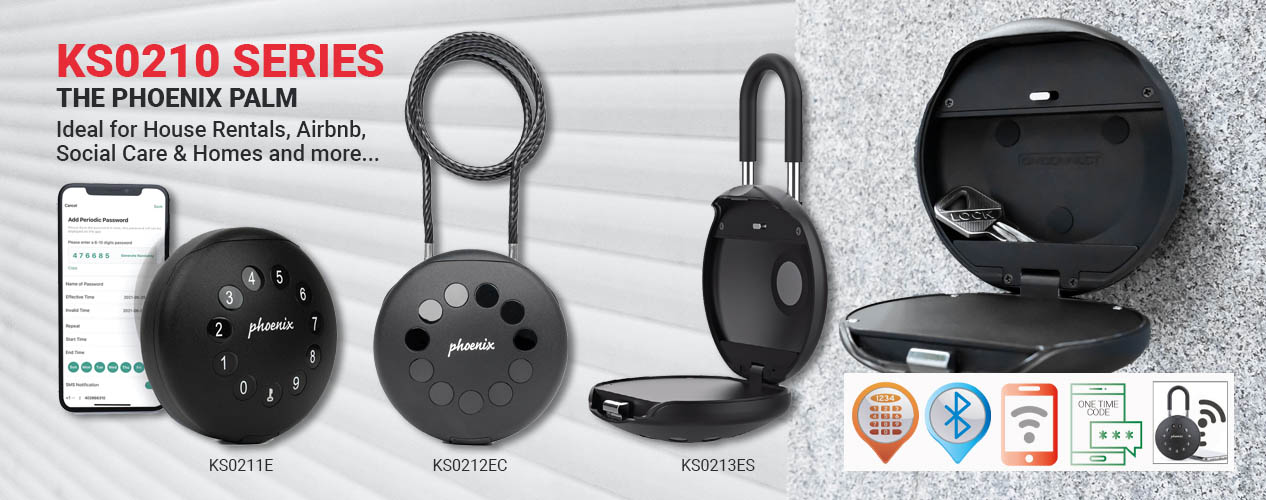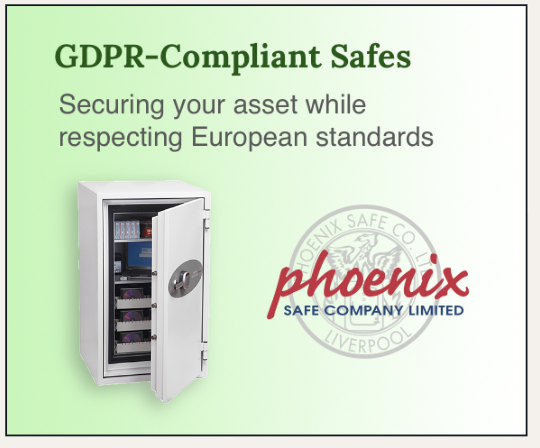Ensuring Fire Safety: Understanding Fire Safe Standards and Test Specifications
In an age where critical documents and digital media are invaluable, protecting them from fire is paramount. Fire safes are a reliable way to safeguard your essential items from the ravages of flames and high temperatures. But how can you be sure that the safe you’re considering truly lives up to its claims? That’s where fire safe standards and test specifications come into play, ensuring that these safes can withstand the heat, quite literally.
Fire Test Standards: Crucial Measures
When selecting a fire safe, it’s essential to understand the standards that define their capabilities. The fire test standards below specify the maximum allowable temperatures for different types of media inside a fire safe during testing:
(a) **Paper Records** – Maximum temperature: 175°C.
(b) **Digital Media** – Maximum temperature: 120°C.
(c) **Computer Data** – Maximum temperature: 52°C.
Now, let’s delve into some of the most widely recognized fire safe test standards:
NT FIRE 017-60 Paper
This test requires the safe to endure temperatures as high as 945°C for 1 hour. Throughout this trial, the maximum internal temperature should not exceed 175°C, ensuring the safety of your paper records.
NT FIRE 017-90 Paper
Similar to the previous standard but more rigorous, this test demands the safe to withstand temperatures of 1050°C for 90 minutes while keeping the internal temperature below 175°C.
NT FIRE 017-120 Dis
This standard involves subjecting the safe to temperatures up to 1090°C for 2 hours, with the internal temperature not exceeding 52°C, suitable for safeguarding computer data.
EN1047-120 Dis
With this test, the safe must endure temperatures exceeding 1100°C for 2 hours, ensuring the internal temperature remains below 52°C.
EN1143-1
This European norm specifies resistance to burglary attacks with various resistance grades up to Grade 10. It ensures that your safe can protect your belongings from both fire and unauthorized access.
EN14450-S1 and EN14450-S2
These European norms set standards for resistance to burglary attacks, offering different grades of protection. These standards ensure that your safe is not only fireproof but also secure against theft.
EN14470-1
This standard focuses on safety storage cabinets for flammable liquids, making sure they can resist fire effectively.
BS EN 1634-1
This standard ensures that the safe can withstand fire attacks, not allowing flames or hot gases to pass, providing another layer of protection.
30P, LFS 60P-EN 15659
This measures light fire resistance, guaranteeing that the internal temperature of the safe will not exceed 175°C.
MTC DIP 120-60DM (Grade B)
This standard is specific to digital media fire protection, ensuring the internal temperature does not exceed 120°C.
BS 7558:1992
For those who need to protect firearms and ammunition, this specification sets the requirements for the construction and security of gun cabinets.
Warranty and Insurance
Choosing a fire safe from SafesOnline.ie comes with peace of mind. All Phoenix Fire safes come with a lifetime ‘after the fire’ replacement warranty. Additionally, a full 2-year onsite materials and labor warranty is provided, making sure your investment is secure.
While these warranties are valuable, it’s important to remember that insurance coverage against burglary attacks can vary based on your location and specific circumstances. Be sure to check with your insurance provider to ensure you have the necessary coverage for your fire safe.
In conclusion, when you invest in a fire safe, you’re not just buying a piece of metal – you’re buying peace of mind. Understanding fire safe standards and test specifications is a crucial step in making an informed decision. With SafesOnline.ie, you can be confident that your vital documents and digital media will remain safe and sound, even in the face of the fieriest of trials.




